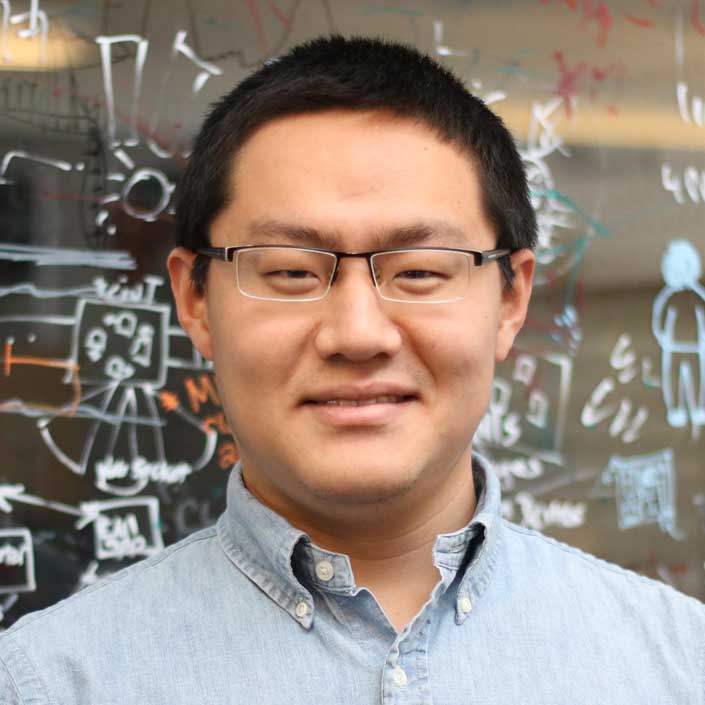AI Seminar
Personal Assistive Technology
Add to Google Calendar

Location: BBB 3725
Zoom: https://umich.zoom.us/j/91846513411
Meeting ID: 918 4651 3411
Passcode: aiseminar
Abstract:
Accessibility research highlights the unique needs of people with disabilities and the importance of designing for a long-tail of needs. However, in practice, assistive technologies are often designed for common use cases to maximize their broad applicability, and as a result, they are one-size-fits-all and inflexible, thus falling short of supporting the unique needs and preferences of end users. I imagine a future of Personal Accessibility – just like how personal computers transformed the way people create and innovate, personal accessibility aims to empower people with disabilities to leverage their domain expertise and creativity to create and customize assistive technologies for themselves.
In this talk, I will present my lab’s research on designing, developing, and deploying context-aware systems to enhance the accessibility of the real world and the digital world. One example is ProgramAlly, which leverages multimodal end-user programming to empower blind people to DIY filters for visual information (e.g., find number on bus, or find expiration date on package), chaining together AI capabilities as building blocks to address long-tail accessibility needs. Another example is WorldScribe, which generates live visual descriptions that are adaptive to users’ intent, movement, as well as visual and auditory contexts. I will discuss how personal assistive technology could move us towards an accessible future that is both deeply personalized and broadly universal, and ultimately benefits everyone.
Bio:
Anhong Guo is an Assistant Professor in Computer Science & Engineering at the University of Michigan, also affiliated with the School of Information. His research is at the intersection of HCI and AI, which leverages the synergy between human and machine intelligence to create interactive systems for accessibility, collaboration, and beyond. His research has received best paper, honorable mention, and artifact awards at CHI, UIST, ASSETS, and MobileHCI, and the 10-year impact award at ISWC on wearable technologies for warehouse order picking. He is a Google Research Scholar, a Forbes’ 30 Under 30 Scientist, an inaugural Snap Inc. Research Fellow, and a Swartz Innovation Fellow for Entrepreneurship. Anhong holds a Ph.D. in Human-Computer Interaction from Carnegie Mellon University, a Master’s in HCI from Georgia Tech, and a Bachelor’s in Electronic Information Engineering from BUPT. Learn more about his work at: https://guoanhong.com
 MENU
MENU 
